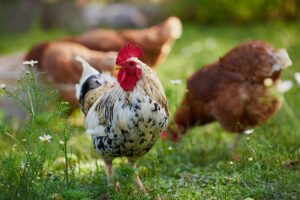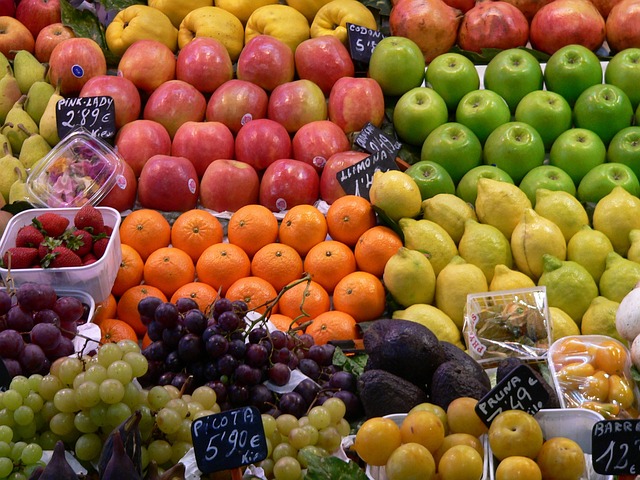“Organic Agriculture is a production system that sustains the health of soils, ecosystems, and people. It relies on ecological processes, biodiversity and cycles adapted to local conditions, rather than the use of inputs with adverse effects. Organic Agriculture combines tradition, innovation, and science to benefit the shared environment and promote fair relationships and good quality of life for all involved”[1].
A series of the practices that the organic agriculture farmers implement that optimize nutrient and energy flows and minimize risk, are the following: crop rotations and enhanced crop diversity; different combinations of livestock and plants; symbiotic Nitrogen fixation with legumes; application of organic manure; and biological pest control [2].



